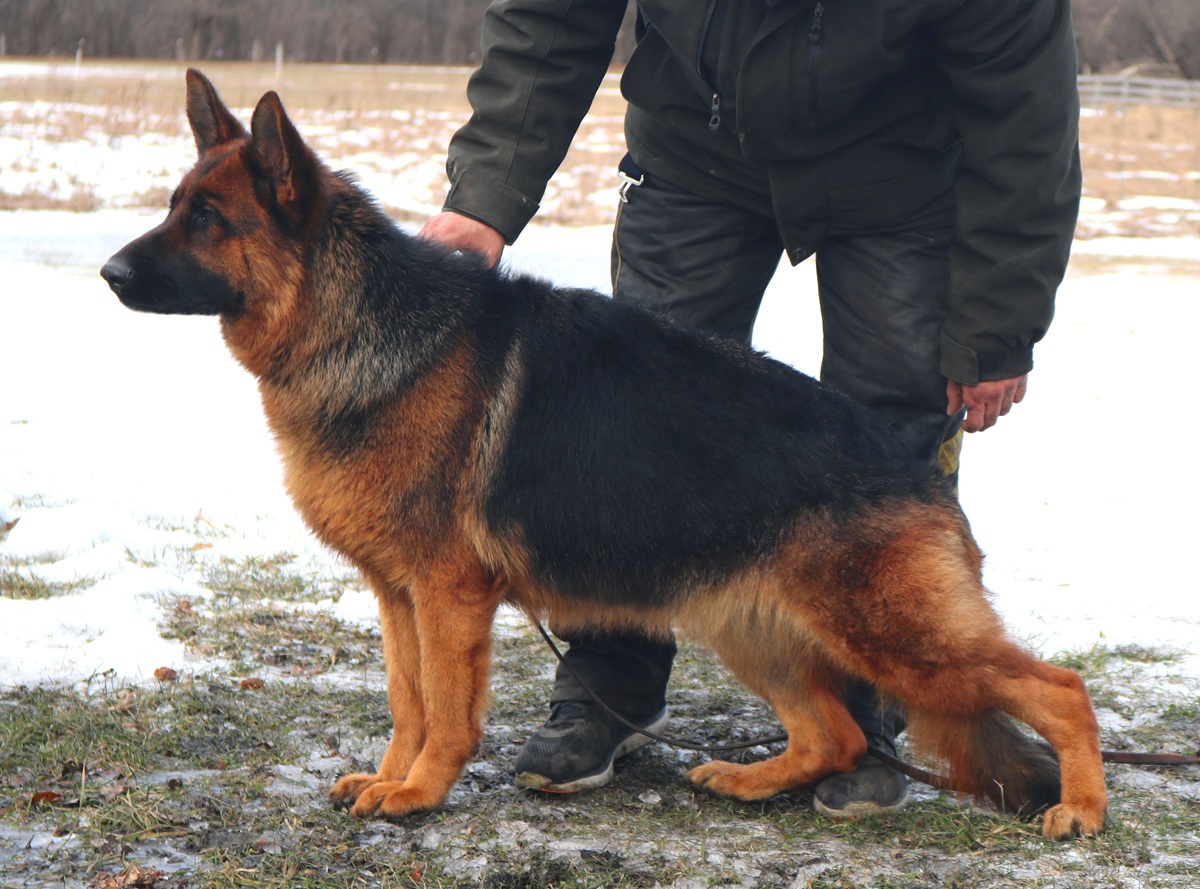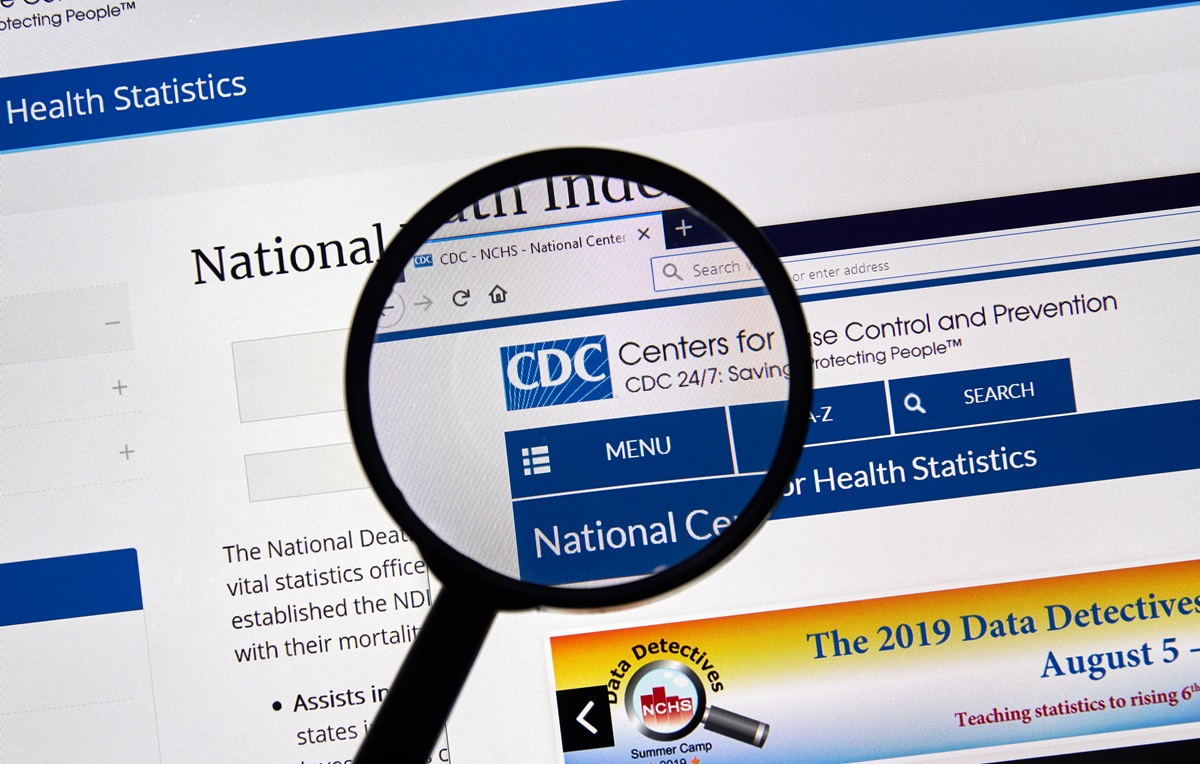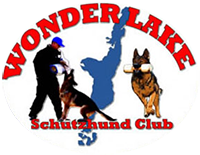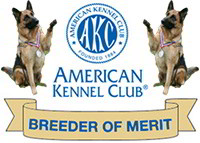Starting August 1, 2024, the new requirements for the CDC dog import permit take effect. These changes aim to boost public and animal health by tightening dog import regulations. Dog owners and breeders must learn these new rules to avoid any legal or logistical mess.
The CDC has always had rules for importing dogs to prevent rabies. But with new health worries, they decided it was time for an update. These rules are here to protect public health and ensure that all imported dogs are safe and sound.
Following these new rules isn’t just about staying legal; it’s about keeping your dogs healthy and happy. By staying informed and ready, you can keep your pets safe while dealing with these new guidelines.
This article will break down the updated rules, showing how they affect dog owners. You’ll also learn about the benefits of adopting U.S.-bred dogs, such as ones from Mittelwest.
That said, here’s an overview of the new CDC regulations.

New Requirements For CDC Dog Import Permit
Bringing a dog into the U.S. has always required jumping through a few hoops. With the new CDC rules, however, it’s more like navigating an obstacle course.
These changes are designed to keep everyone safe—humans and our furry friends alike. If you’re considering importing a dog, it’s essential to understand what’s new to avoid any surprises along the way.
-
Key Changes In The New Guidelines
The new requirements for the CDC dog import permit are stricter, with more paperwork and tighter requirements. Rabies vaccination is now non-negotiable, and there are additional quarantine measures for dogs from high-risk countries. If you thought the process was tricky before, it’s now even more detailed.
For starters, puppies under six months old aren’t allowed because they’re too young for the rabies shot. The vaccine must be CDC-approved and administered at least a month before the dog enters the U.S. Additionally, a general health check by a vet is required to screen for other diseases and parasites.
The rules also vary based on the country your dog is coming from, with different protocols for low-risk and high-risk regions.
-
Low-Risk Countries
Dogs from low-risk countries face fewer hurdles. Owners must complete the CDC Dog Import Form online. It asks for basic information about your dog, its health status, and proof of rabies vaccination if necessary.
These dogs don’t need a rabies vaccination certificate but must meet specific health requirements. A licensed veterinarian must issue a health certificate confirming the dog is at least six months old, in good health, and has a microchip. This certificate must be dated within 10 days of travel.
Dogs from these regions can enter the U.S. without quarantine, but owners must ensure all documents are accurate to avoid delays or entry issues.
-
High-Risk Countries
The regulations for a CDC dog import permit are much stricter for those coming from high-risk countries. CDC requires a valid rabies vaccination certificate showing the dog is microchipped. Additionally, a rabies serologic titer test must confirm adequate rabies antibody levels.
These measures ensure that dogs from high-risk areas don’t pose a health threat. Dogs vaccinated in the U.S. must return with a valid certificate within 12 months of their rabies vaccination. If they return after over 12 months, they need a booster shot before re-entry.
All dogs must be microchipped before or during their initial rabies vaccination, and the microchip number must match the one on the vaccination certificate. Failure to comply with these rules may result in your dog being denied entry or quarantined.
-
U.S.-Vaccinated & Foreign-Vaccinated Dogs
U.S.-vaccinated dogs returning from abroad must have been vaccinated within the last 12 months and have a valid rabies certificate. If more than 12 months have passed, a booster shot is required.
Foreign-vaccinated dogs from high-risk countries must have a valid rabies vaccination certificate, with the vaccine given after the dog was microchipped. Additionally, these dogs need a rabies serologic titer test done at least 45 days before entering the U.S. This test, performed by an approved lab, confirms that the dog has developed the necessary immunity to rabies.
Ensuring the microchip number on the vaccination certificate matches the dog’s microchip is crucial for verifying the dog’s identity. You must carefully follow all CDC guidelines to ensure a smooth pet entry process.
The CDC’s updated rules are a significant effort to keep the U.S. free of rabies, a disease the country has worked hard to eliminate from domestic animals. Adhering to these guidelines helps pet owners maintain this safety and avoid unnecessary complications.

 If you plan to travel with your dog, follow the new regulations for a CDC dog import permit closely. Compliance involves timely vaccinations and proper documentation.
If you plan to travel with your dog, follow the new regulations for a CDC dog import permit closely. Compliance involves timely vaccinations and proper documentation.












